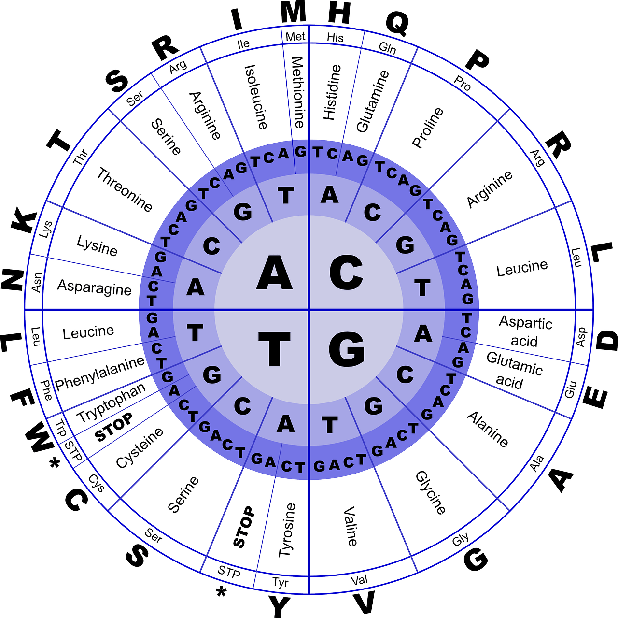Vivre une période de stress intense peut modifier totalement notre quotidien, nous engluant dans un mal être toxique pour nous. Dans ces périodes négatives, nous pensons rarement à consommer des aliments sains pour notre corps et au contraire, on aurait plutôt tendance à se laisser envahir par des fringales souvent trop sucrées ou trop salées. N’est-il pas rare de finir sa soirée au Fast Food par manque de temps, d’envie et d’énergie ?
Afin de s’aider à vivre le plus sainement possible pendant ces périodes creuses de nos vies, les spécialistes de la santé- qu’ils soient psychiatres ou docteurs en médecine – optent souvent pour des médicaments de type anxiolytiques, antidépresseurs ou encore des somnifères. Les naturopathes, eux, axeront plutôt leurs conseils vers une modification de l’hygiène de vie, de santé et en apportant des recommandations alimentaires pour consommer alors des aliments qui réparent.
La nutrithérapie est un domaine de la santé primordiale et pourtant, on la laisse bien souvent en retrait, à tort.
Zoom sur les acides aminés.

Les acides aminés sont la base de la construction de la plupart des tissus de l’organisme. Entre autre, parce qu’ils participent à la synthèse des neurotransmetteurs. Dès lors, ils sont indispensables à tous les processus métaboliques.
Notre organisme, par son processus d’homéostasie, va constamment tenter de maintenir un équilibre parfait de nos réserves en acides aminés. Malheureusement nos modes de vie et les facteurs perturbateurs de santé empêchent la bonne assimilation et la bonne fabrication de celles-ci.
Notons qu’il existe 24 acides aminés dont 8 essentielles :
- Isoleucine
- Valine
- Leucine
- Lysine
- Méthionine
- Thréonine
- Phénylalanine
- Tryptophane
- Valine
Elles sont dites essentielles car ne pouvant être fabriquées par l’organisme, elles doivent être obligatoirement apportées par l’alimentation.
Certaines sont d’ailleurs très importantes pour l’équilibre nerveux et pour la lutte contre la dépression, voyons ci-dessous :
- La phénylalanine est précurseur de la tyrosine et elle contribue au fonctionnement optimal de l’état dépressif. Elle participe à la synthèse de la dopamine (L-dopa), de l’adrénaline et de la noradrénaline qui sont 3 substances indispensables à la bonne transmission nerveuse.
On en trouve dans les aliments suivants :
- les céréales et produits céréaliers
- Les légumineuses
- Les viandes et volailles
- Les légumes
- Les fromages et autres produits laitiers
- L’avoine
- Le germe de blé
- Les noix et graines
- Les algues
- Les fruits
Si les besoins sont très importants ou qu’il y a carence, ils seront apportés via des compléments alimentaires. Cependant, ces derniers sont contre indiqués chez les femmes enceintes et allaitantes, les personnes qui souffrent de diabète, d’hypertension ou de psychose. Soyez vigilants si vous êtes dans un traitement pour dépression, car les interactions avec les antidépresseurs de type IMA (monoamine oxydase) sont possibles.
- Le tryptophane , utilisée pour son action dans la dépression par le psychiatre anglais Coppen en 1963, cet acide aminé est biologiquement actif sous sa forme L-Lévogyre. Les carences en cet acide aminé sont très nombreuses dû à l’appauvrissement de nos denrées alimentaires ; dès lors les compléments alimentaires sont indispensables pour les personnes qui souffrent d’un manque en tryptophane.
De plus, cet acide aminé est utilisé par notre organisme pour fabriquer la sérotonine, un neurotransmetteur qui un rôle très important dans les troubles de l’humeur mais aussi dans les troubles du comportement alimentaire (principalement les compulsions et les dépendances), entre autre.
On pourra dès lors utiliser cet acide aminé pour stabiliser l’humeur.
On en trouve dans les aliments suivants :
- Les amandes
- Les arachides
- Le riz complet
- Le soja
- Les fromages
- Les œufs
- Le poisson
Faire un bilan en nutrithérapie est bien souvent indispensable car il permet de résoudre des problèmes de santé , simplement en modifiant nos repas ou en incluant la prise d’un complément alimentaire adapté. Ces derniers sont parfois indispensables surtout lorsqu’il y a carence et que l’alimentation n’est pas adapté aux besoins primordiaux.



